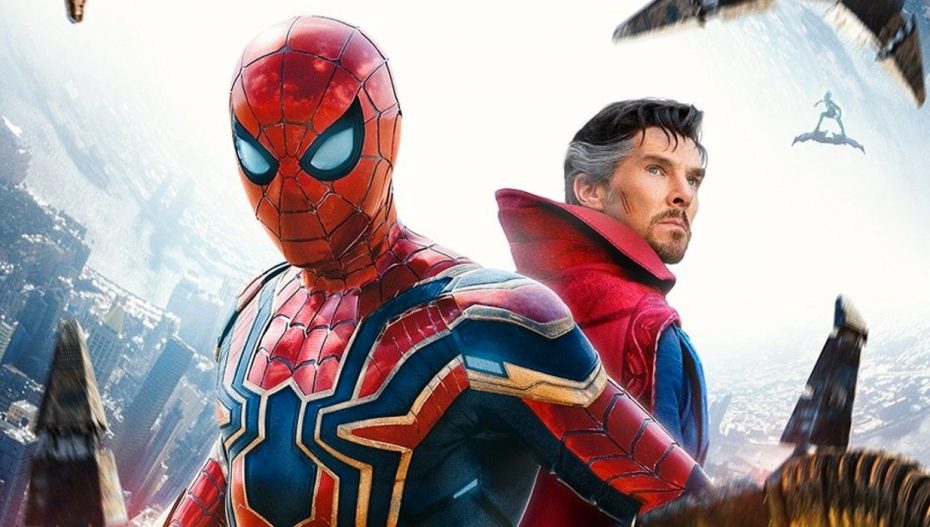Spiderman: No Way Home is one of the biggest box-office grossers of the year and it’s not hard to see why. At the old multiplex on SG Highway where I watched it, the audience consisted mostly of teenagers and 20-somethings and they all cheered and clapped at the most dramatic scenes, just like their counterparts are reportedly doing the world over. Spiderman’s charm has obviously endured over the decades and the new generation is as much into the character as their parents and grandparents were.
Spiderman was a comic book of the print kind when I was growing up and later became a television toon. He was always my favourite superhero. Superman, who is from a different planet, is handsome and strong to the point of being invincible, unless he’s threatened with Kryptonite. The dark and vengeful Batman with his hi-tech gizmos has some appeal, but he’s somehow overshadowed by charismatic villains like the Joker, Penguin and Riddler. Spidey, on the other hand, is a reluctant hero. He is a school going teen, struggling with his dual identity, insecure and full of angst. He has always been easy to relate to.
Spiderman has evolved with the times. He made his debut as a solo crime fighter but then he became a part of the Avengers movies. In No Way Home, his team consists of two close friends, who play a big role in the first half of the movie. When things get complicated, two more superheroes join the team to bring down the team of villains. The subliminal message to young adults the world over: you can’t do it alone, get yourself a team.
One thing that has remained intrinsic to Spiderman is his secret identity. He’s different from everyone else but unlike Iron Man, his mentor from The Avengers, he can’t flaunt it. Iron Man is an industrialist with lots of money, while Spidey is a vulnerable teen who lives with his aunt and delivers pizza to supplement the family income.
Life gets hard for teens who don’t conform. When his identity is revealed in No Way Home, Spidey suffers the consequences. The press hounds him, the police question him, his neighbours hurl bricks through his window. The unkindest cut is when MIT rejects his application for admission, along with those of his two close friends, because of the controversy. At this point it could very well have been a Hindi movie.
The X-Men movies also feature teen with superpowers, but they’re different from Spidey. Their powers come from genetic mutations, not from being bitten by radioactive spiders and such. One of my favourite X-Men characters is Angel, a boy who has a miserable childhood, scrapping off the feathers that keep growing on his back. But just when the government is set to inject him with a serum that will make him normal, he comes to terms with his true self and literally spreads his wings. In the X-Men series, the teens are taken in by a special school for mutants where they are shielded from the outside world. Spiderman has no such luck. He must live in the real world with all the compromises it takes. But then again, how long can someone hide such an important part of himself? That seems to a central question in the new Spiderman movie and the answer it presents is radical. In a huge departure from superhero norms, No Way Home asserts that it is best to come out and tell the world who you really are. People will be shocked and it may be hard in the beginning. But things have a way of ultimately working themselves out.













